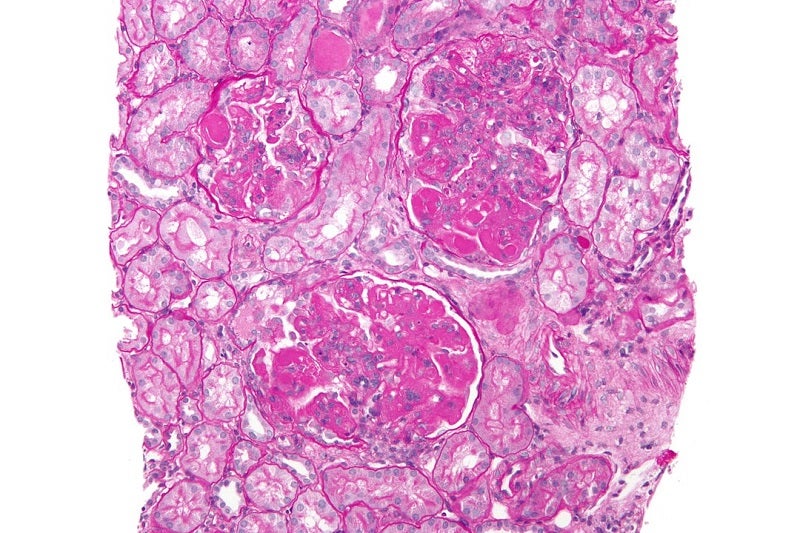
The Lupus Foundation of America has reported that strict eligibility criteria for systemic lupus erythematosus (SLE) clinical trials is leading to poor enrolment of patients, thereby leading to early termination of a trial.
Lupus nephritis (LN) represents a serious demonstration of SLE, a chronic disorder that causes inflammation in connective tissues, such as cartilage and the lining of blood vessels, which provide flexibility to structures throughout the body.
It is one of the conditions of autoimmune disorders that occur when the immune system attacks the body’s own tissues and organs.
Analysts have explored how accurately LN clinical trials represented a real-world cohort-study, by applying published trial eligibility criteria to patients with LN participating in a large UK-wide registry.
A review of recent major published LN clinical trials was performed in six participants. Inclusion and exclusion criteria were applied to all patients registered in the BILAG-Biologics Register (BILAG-BR) with active LN, a UK-wide registry of patients with SLE.
The study demonstrated that a large national cohort of active LN found that around 50.6% of patients would not be eligible for clinical trial entry using published entry criteria.
How well do you really know your competitors?
Access the most comprehensive Company Profiles on the market, powered by GlobalData. Save hours of research. Gain competitive edge.

Thank you!
Your download email will arrive shortly
Not ready to buy yet? Download a free sample
We are confident about the unique quality of our Company Profiles. However, we want you to make the most beneficial decision for your business, so we offer a free sample that you can download by submitting the below form
By GlobalDataThis in-turn poses significant implications on the study of LN treatment in patients with more severe disease.
The researchers recommend that the stringency of eligibility criteria should be reviewed before designing the clinical trials so as to provide wide representation of the target population.
The signs and symptoms of SLE and LN are almost always associated with an overactive immune system, so the majority of existing treatment options aim to suppress the host immune response.
This has the unfortunate consequence of increasing the risk of acquiring secondary infections or viral reactivation.







